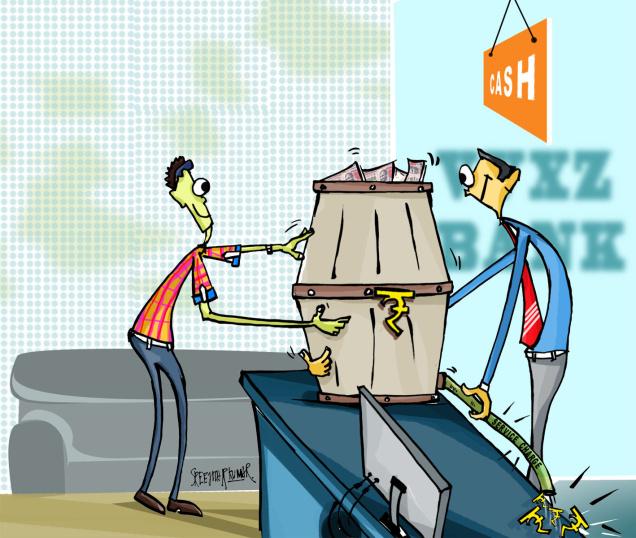Last Updated on Mar 5, 2020 by James W
Everyone hates unnecessary bank charges, but British businesses are no different from individuals and often clock up more charges than a bad defaulter can manage in any one month. It’s estimated that as much as £2.3bn is levied every year in charges against UK businesses by the banks they rely on to operate. It’s little wonder then why so many banks fight for your business when you are a going concern. Many firms can bring down their charges considerably with a little knowledge and planning, but the banks are not very forthcoming with the information.
Know what you Charges Mean and Cost
How can you reduce your business bank charges if you do not understand them? Charges may be something most of us have no problem with, but you would be surprised how many people have no idea what they pay charges for and often accept them without question. The main objective for anyone who doesn’t know how much their charges are each month or what they pay them for, should make an effort to find out. Even certain transactions attract charges that are avoidable if you understand your options. For example, a bill payment in HSBC is an instant (-ish) transfer to your creditor’s account, but a CHAPS transfer would cost £17. If you are moving money about regularly, it may be time to change your processes.
Lower the number of Transactions
If your bank charges you per transaction, a little planning can reduce the cost of your banking dramatically. Some banks charge after a certain number of transactions have taken place and this is avoidable for most people if more careful planning takes place before paying bills etc.
Use Cheques and Over the Counter Less
If you are transacting in person, you may be attracting charges that are either more expensive than electronic transfers or would have no charge whatsoever if you made them online. Automatic payments or electronic transfers also arrive in your bank quicker than paper because the clearing process is automated.
Don’t Use Credit Facilities
This is the hardest one of all to master because so many people rely on their banks for overdrafts and credit cards, but when you start using credit, it is very hard to get back on track and for most businesses, it adds an unnecessary cost to each spend. This is no different from personal finance management, but the quicker you realise credit facilities give you less spending power in the long run because of associated charges, the better your bottom line will be each year.
Prepare to Move for a Better Deal
If you had a great deal for the first twelve months or eighteen months of free business banking when you started trading, you might want to shop around when your benefits expire. Some of the best accounts have less enticing opening bonuses, but they offer better long-term benefits for their business customers. Remember, the banks never give you something for nothing and an attractive deal may be a smokescreen for an expensive ride in the future.
Avoid Late Payment Charges
If your business income is volatile and you need to borrow, you should use finance that does not place undue pressure on your cash flow. BusinessCashAdvance.co.uk offers small business finance for limited companies that have a certain amount of their sales paid for by credit or debit card and only requires a percentage of the card sales amount each month rather than fixed repayments.
Author Bio:
Shaun Thomas is a former financial advisor and current director of two companies, one of which is helping a Lloyds TSB funded initiative at BusinessCashAdvance.co.uk educate business owners about cost effective business management.





